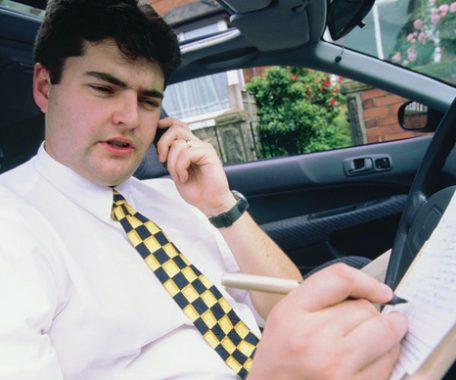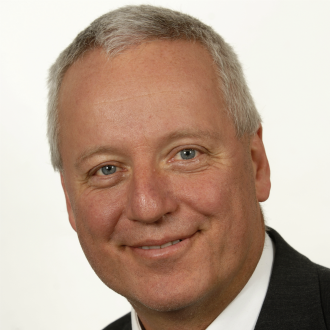Our home visit service freed up GPs – and saved my practice


The problem
We are based in Gosport, a small town in Hampshire with easy access to some of the best sailing in the world as well as miles of woodland walks in the New Forest and the vibrant city of Portsmouth. However, this is a coastal town with pockets of deprivation and our practice, like others in the area, has had serious problems with recruitment and retention.
Retirement of successive senior partners brought junior partners a step closer to being the last person on the 25-year lease of our premises, which made recruitment even more difficult.
Home visits were a major part of our problem, taking up an hour and a half of GP time each day, causing over-work and low morale, and leaving us little time to think about the rest of the business.
We realised we had to do things very differently.
What we did
We obtained funding from the Five Year Forward View to trial a new home visiting service, with the help of the CCG, our community provider and GPs from our local alliance of four practices, the Willow Group.
Initially we had one senior district nurse doing visits between 8am and 5pm, with GP support available – either telephone or in person – up until afternoon surgery each day. Calls were triaged by a GP at one of the practices, and appropriate calls forwarded to the district nurse. The service has since expanded and now employs two senior and two junior district nurses.
The CCG moved GP practices to a single IT platform that is shared with the community provider, so that the nurses have read-write access on mobile devices in the patient’s home.
Once the service got underway, it quickly became evident that GP support was rarely necessary. Furthermore, we still had two or more clinicians turning up to the same nursing home on a given day, so we are now working with a unified home visit list covering all the practices, which the visiting service oversees. Calls that are not suitable are then passed to the GP surgeries, rather than the other way round.
Results
The service has changed our working day dramatically. In the first month it had had already saved us around 157 home visits; now 13 months on we estimate we are saving 260 GP home visits a month, or 60 visits a week.
There are times when a problem has not resolved with the treatment plans arranged, and these calls get passed back to the GPs. However they are the exception – we might have to deal with one or two consultations a day. Indeed the community team nurses have often shown themselves to be superior in their knowledge of other services and reablement. In the uncommon event of a hospital admission being necessary, the patient will have been seen several hours earlier than they would have been when GPs were juggling visits – meaning they avoid the early afternoon rush of admissions, and helping the hospital to manage the workload. So the service is proving better for patients and the hospital as well as for GPs.
Challenges
Patients were initially sceptical about the service, mainly due to being resistant to change and wanting to continue to have access to their GP. The first week was difficult for the staff, with lots of questions, mainly about process. However this soon improved and the number of visits possible increased rapidly.
The future
Despite the initial scepticism, the service has subsequently had a hugely positive reception in the community.
I am delighted as well. I often have no visits at all, or just a single planned visit, so I can get on with pathology results and scripts in between surgeries. I am able to cope with the workload and I go home at night with much more confidence that we have been able to do a good job.
Moreover, the service has allowed me to stabilise the practice – I am in no doubt that without it, the practice would have folded. As a result, I am planning on staying on as a GP and partner for years to come, rather than taking early retirement.
The service is due to be reviewed in two months, and we are hopeful that the CCG’s Primary Care Committee, responsible for commissioning primary care, will recognise the enormous benefits we have seen and continue to fund it.
Dr David Chilvers is a GP partner in Gosport and chair of NHS Fareham and Gosport CCG
Pulse October survey
Take our July 2025 survey to potentially win £1.000 worth of tokens

Visit Pulse Reference for details on 140 symptoms, including easily searchable symptoms and categories, offering you a free platform to check symptoms and receive potential diagnoses during consultations.












